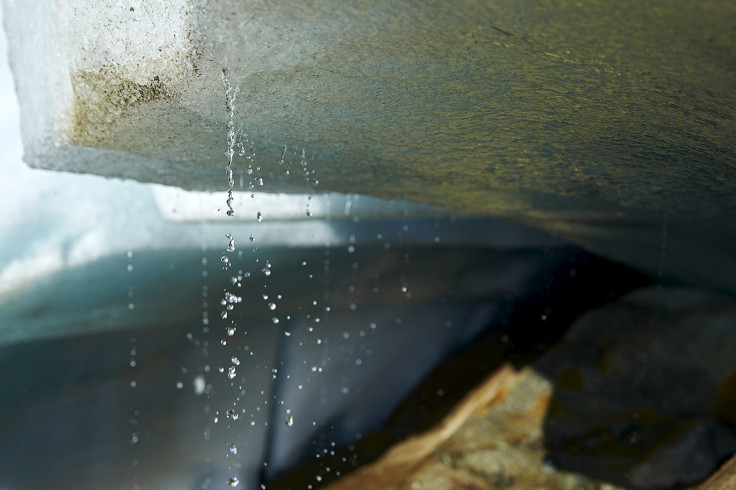Greenland ice sheet loses '500 gigatons' of ice every year; condition beyond repair
The glaciers have reduced by three kilometers in the distance which means more ice is in contact with water.
In a shocking scientific discovery, researchers have found out that Greenland Ice Sheet is rapidly melting into seas and it cannot be stopped even if global warming is prevented. As per the study, 500 gigatons or 500 billion tonnes of ice is melting every year.
According to the press release on Eureka Alert, the study was conducted by researchers at Ohio State University. Data accumulated over four decades show that the glaciers on the island have reduced so much that there probably is no point of return. Researchers understand that even if global warming is curbed, the ice sheets will continue to shrink. The snowfall that usually reloads the ice sheets every year is unable to hold up the ice from flowing into the oceans.
"We've been looking at these remote sensing observations to study how ice discharge and accumulation have varied," said Michalea King, the lead author of the study and a researcher at The Ohio State University's Byrd Polar and Climate Research Centre. "And what we've found is that the ice that's discharging into the ocean is far surpassing the snow that's accumulating on the surface of the ice sheet."
The study is based on researchers' analysis of monthly satellite data for more than 200 large glaciers that have been shrinking around Greenland. During their research, the scientists learned that until the 90s there was a balance between the ice that was lost into oceans and ice that was replenished by snowfalls.
However, it was around the year 2000, when the amount of ice lost each year started to increase steadily. Unfortunately, there was no increase in the amount of snowfall. And the rate of melting glaciers remained the same for the last decade. This means that the ice is melting more "rapidly than it's being replenished."
"Glaciers have been sensitive to seasonal melt for as long as we've been able to observe it, with spikes in ice discharge in the summer," King explained. "But starting in 2000, you start superimposing that seasonal melt on a higher baseline--so you're going to get even more losses."
In addition, it is said that the large glaciers in surrounding areas have withdrawn about three kilometres on average since 1985.
"Glacier retreat has knocked the dynamics of the whole ice sheet into a constant state of loss," said Ian Howat, a co-author of the study, and also a professor of earth sciences and distinguished university scholar at Ohio State. "Even if the climate were to stay the same or even get a little colder, the ice sheet would still be losing mass."
Therefore, it was concluded that even if we're able to stop the rising temperatures somehow, it is beyond repair. However, King points out that there is a silver lining to the study.
"It's always a positive thing to learn more about glacier environments, because we can only improve our predictions for how rapidly things will change in the future," King added. "And that can only help us with adaptation and mitigation strategies. The more we know, the better we can prepare."

The study was published in the journal Nature Communications Earth and Environment.
© Copyright IBTimes 2025. All rights reserved.





















